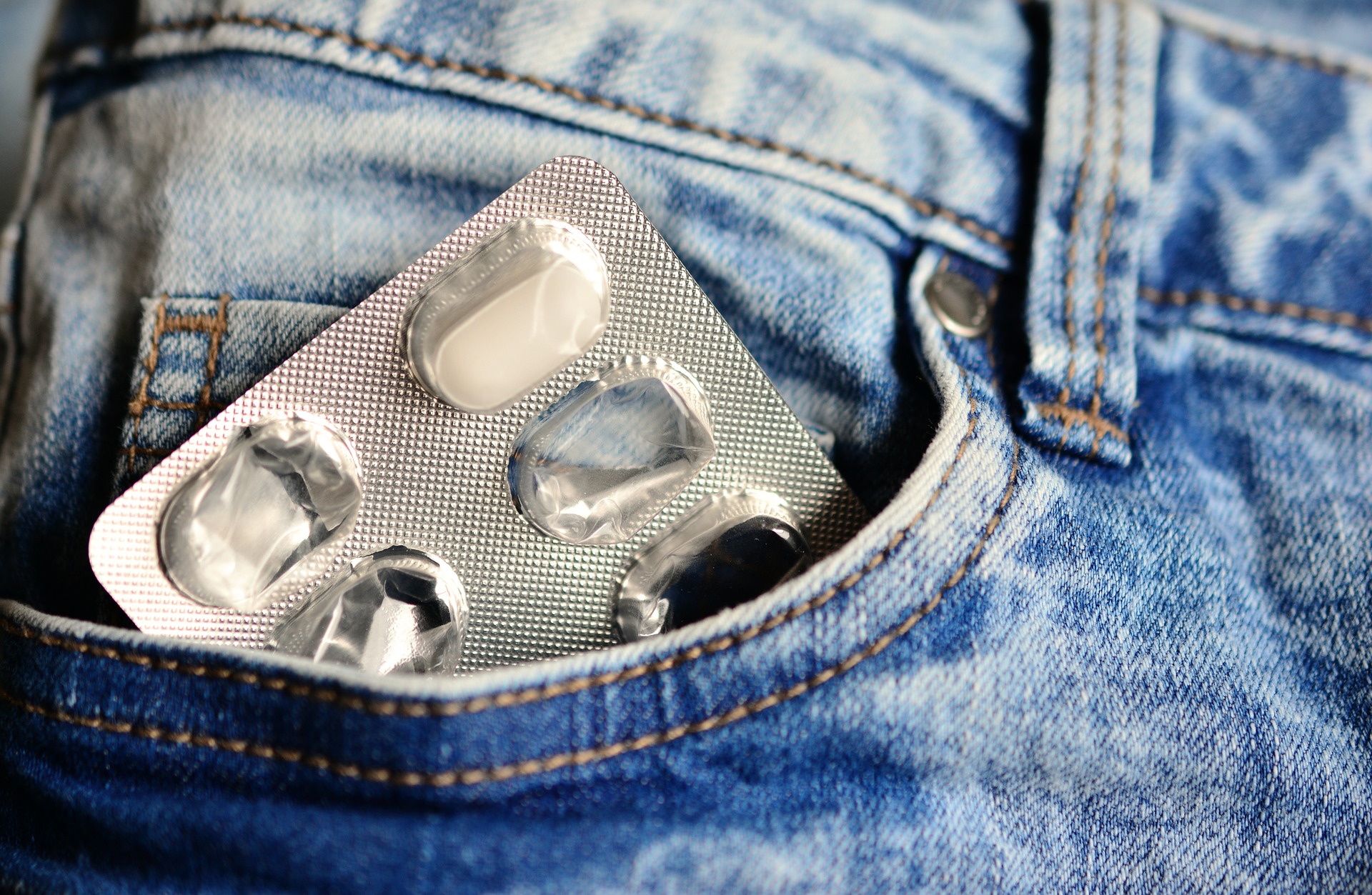B.C. has now seen its third consecutive month with over 170 deaths suspected to be caused by illicit drug toxicity, with 175 reported in July.
In the Kootenay Boundary region, one death has been linked with drug toxicity in July, with 11 so far in 2020, close behind the 13 reported deaths last year, according to a report from the BC Coroners Service.
The drug deaths for July 2020 represent a 136% increase over the 74 deaths seen in July of last year.
“The number of people dying in B.C. due to an unsafe drug supply continues to surpass deaths due to homicides, motor vehicle incidents, suicides and COVID-19 combined,” said Lisa Lapointe, chief coroner. “This health emergency continues to take a tragic toll on people from all walks of life and in all communities of the province. Access to key harm reduction services in the midst of a dual health emergency has been a challenge, and the extreme concentration of the illicit fentanyl being trafficked is resulting in deaths within moments of use.”
So far in 2020, 909 people have died from illicit drug deaths, with numbers in each health authority at or near the highest monthly totals ever recorded.
According to the B.C. Government, toxicology data in the report indicates an increase in the number of cases with extreme fentanyl concentrations, over 50 micrograms per litre, in April May, June and July than in previous months.
“Access to a safer supply remains the number one, most urgently needed intervention to stop overdoses and stop people from dying,” said Guy Felicella, peer clinical advisor with the Overdose Emergency Response Centre and BC Centre on Substance Use. “Let’s be clear. Nobody chooses to become addicted to drugs and nobody chooses to die of an overdose. We can give people a choice though: to choose between the toxic, poisoned street drug supply that is fuelling these deaths or pharmaceutical alternatives in the form of a safer supply. Making that choice a reality is a matter of life and death.”
In addition to an increase in deaths, non-fatal overdoses have gone up, reaching a record high of more than 2,700 calls reported by BC Emergency Health Services in July.
“Paramedics are responding to and reviving overdose patients about 80 times a day, every single day in B.C.,” said Jon Deakin, paramedic practice leader with BCEHS. “It’s a lot. It’s the highest number of daily overdoses BCEHS has ever seen.”
The B.C. Government said drug toxicity deaths have been increasing since March, with five consecutive months reporting more than 100 deaths.
“What the latest numbers show us is that the overdose crisis has been made worse by the COVID-19 pandemic and the unprecedented tragedy of death and loss to families in our province continues,” said Dr. Bonnie Henry, provincial health officer. “The toxicity of drug supply is extreme, and I implore anyone who may be using drugs to not do it alone. For friends and family members who are concerned about loved ones, reach out and connect with them and let them know they are not alone.”
Henry added that she believes measures taken against the COVID-19 pandemic are a contributing factor in the high numbers of deaths in recent months.
Drug users are encouraged to download the Lifeguard app from Google Play or the App Store, which is meant to help prevent a fatal overdose.






